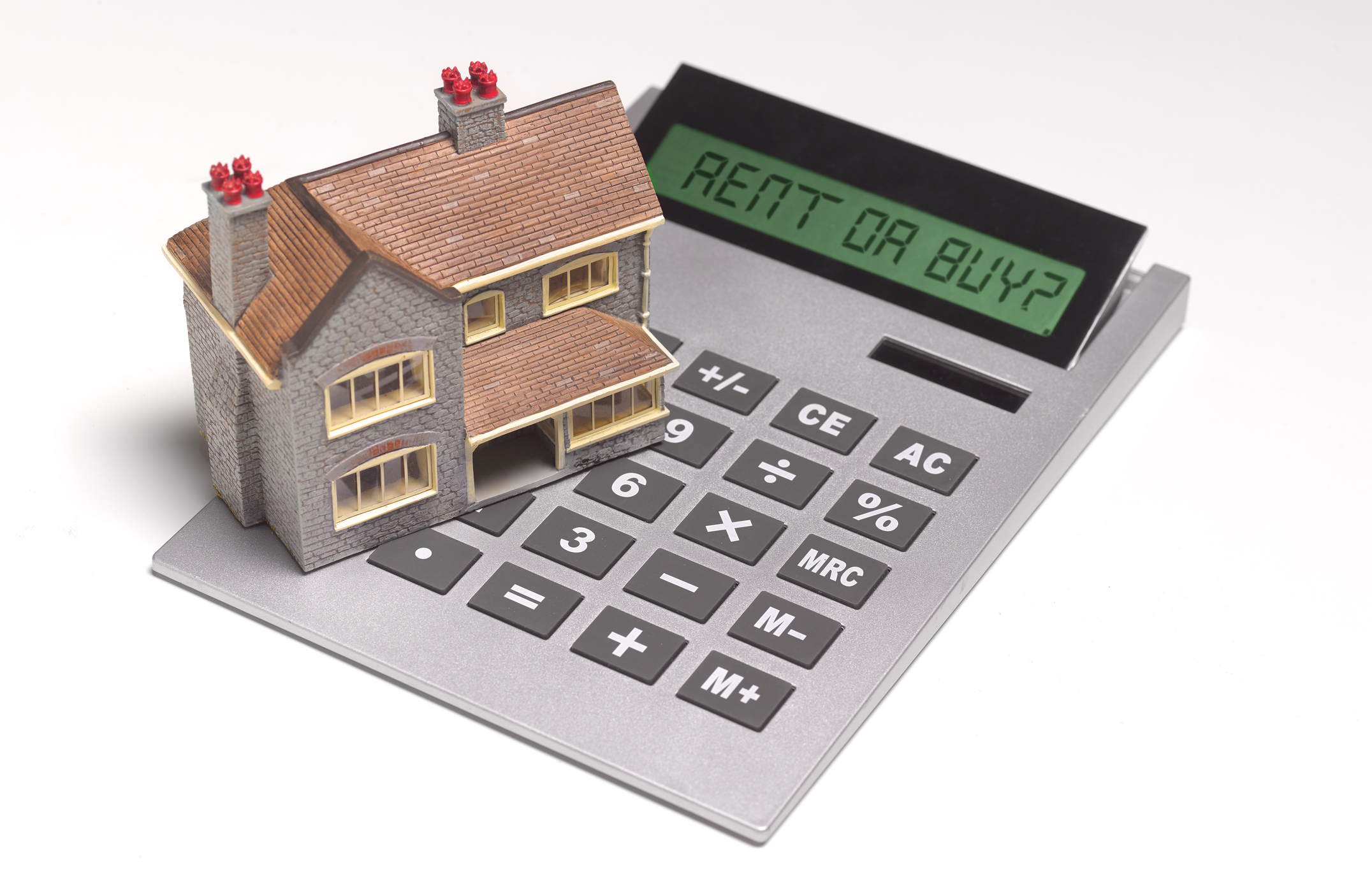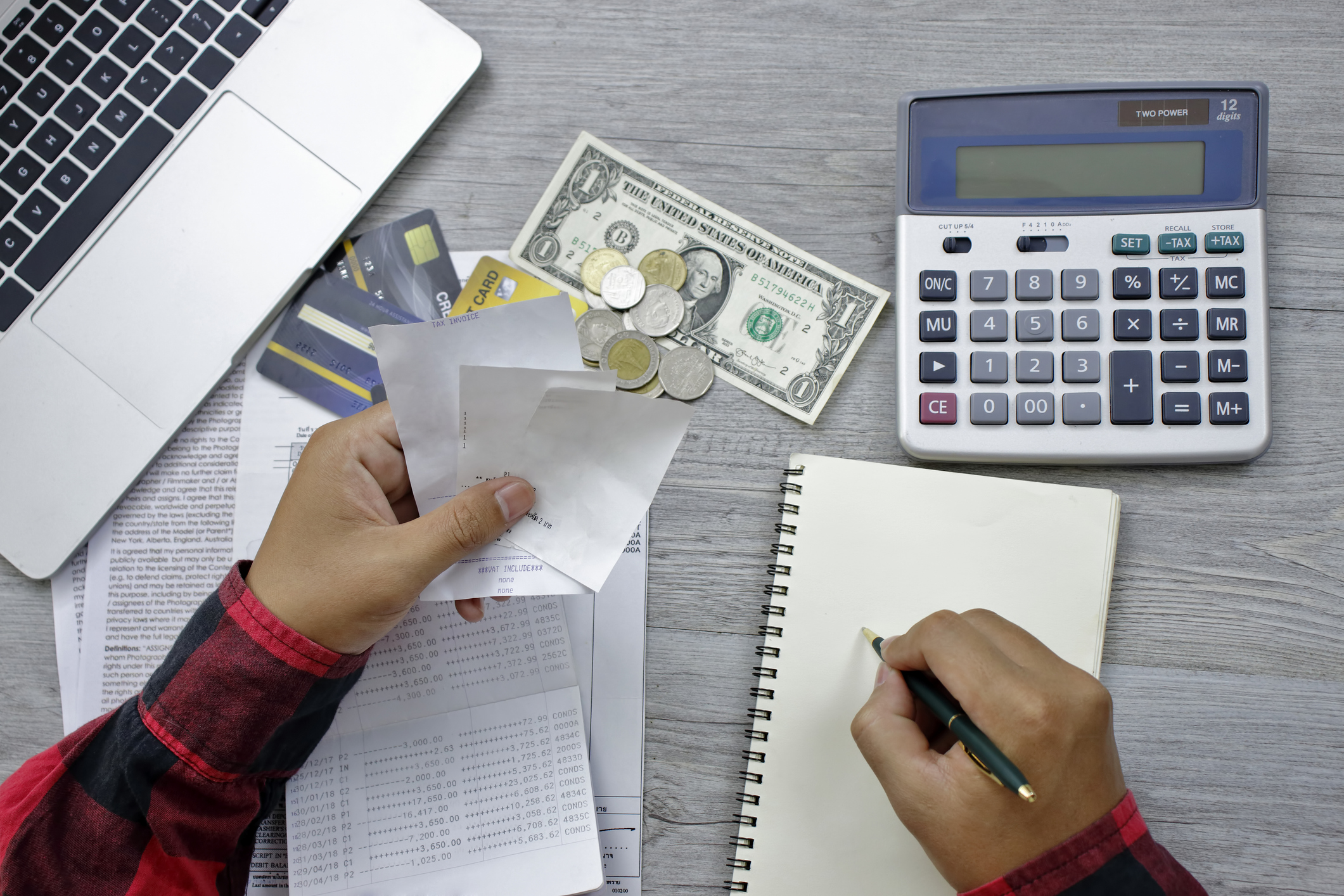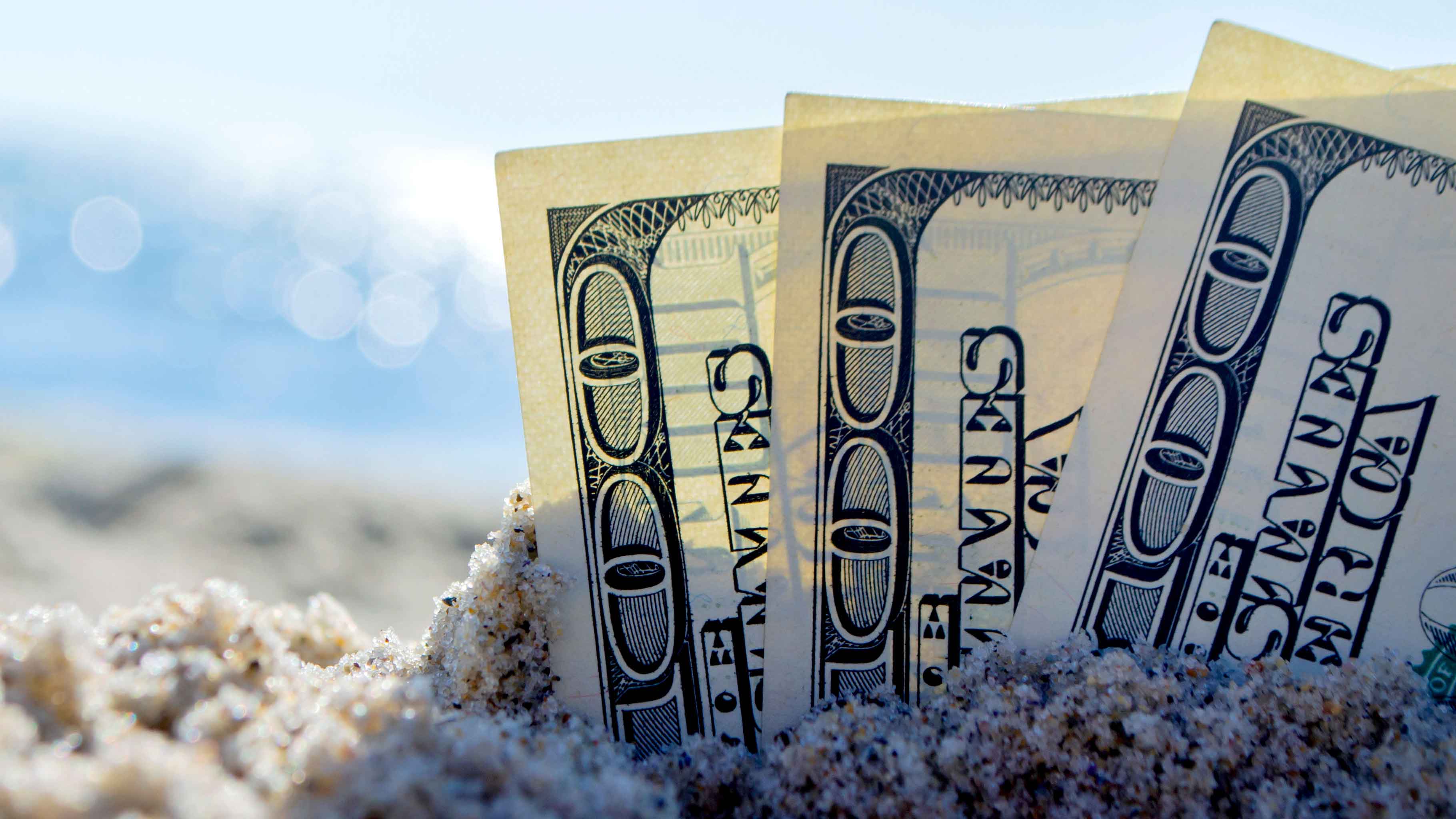Wipe Out Debt, One Step at a Time
Pay off debt with the highest interest first, stick to a schedule and automate payments.


Profit and prosper with the best of Kiplinger's advice on investing, taxes, retirement, personal finance and much more. Delivered daily. Enter your email in the box and click Sign Me Up.
You are now subscribed
Your newsletter sign-up was successful
Want to add more newsletters?

Delivered daily
Kiplinger Today
Profit and prosper with the best of Kiplinger's advice on investing, taxes, retirement, personal finance and much more delivered daily. Smart money moves start here.

Sent five days a week
Kiplinger A Step Ahead
Get practical help to make better financial decisions in your everyday life, from spending to savings on top deals.

Delivered daily
Kiplinger Closing Bell
Get today's biggest financial and investing headlines delivered to your inbox every day the U.S. stock market is open.

Sent twice a week
Kiplinger Adviser Intel
Financial pros across the country share best practices and fresh tactics to preserve and grow your wealth.

Delivered weekly
Kiplinger Tax Tips
Trim your federal and state tax bills with practical tax-planning and tax-cutting strategies.

Sent twice a week
Kiplinger Retirement Tips
Your twice-a-week guide to planning and enjoying a financially secure and richly rewarding retirement

Sent bimonthly.
Kiplinger Adviser Angle
Insights for advisers, wealth managers and other financial professionals.

Sent twice a week
Kiplinger Investing Weekly
Your twice-a-week roundup of promising stocks, funds, companies and industries you should consider, ones you should avoid, and why.

Sent weekly for six weeks
Kiplinger Invest for Retirement
Your step-by-step six-part series on how to invest for retirement, from devising a successful strategy to exactly which investments to choose.
An old proverb asks: How do you eat a whale? A poem in Shel Silverstein’s Where the Sidewalk Ends tells the story of a girl named Melinda Mae who decides to try. She starts with the tail, takes little bites and is eventually left with a cascading pile of whale bones—89 years later. The answer to the proverb, of course: “One bite at a time.”
So it goes with personal debt—a whale that an increasing number of millennials find sitting on their plate. Our generation now has total non-mortgage debt of almost $1.6 trillion, according to the New York Federal Reserve. We’re even warming up to credit card debt for the first time, with more than $200 billion held on plastic at the end of 2018.
Melinda’s story underscores another fear—that the slow, grinding approach to paying off debt will take over our lives, leaving us weighed down well into our golden years. It doesn’t have to. You may be able to pay down a significant chunk of debt by starting as early as possible and taking it one step at a time. Other times, you may need to ask for help.
From just $107.88 $24.99 for Kiplinger Personal Finance
Become a smarter, better informed investor. Subscribe from just $107.88 $24.99, plus get up to 4 Special Issues

Sign up for Kiplinger’s Free Newsletters
Profit and prosper with the best of expert advice on investing, taxes, retirement, personal finance and more - straight to your e-mail.
Profit and prosper with the best of expert advice - straight to your e-mail.
Choosing priorities. Last year, just days after I completed my drive from Denver to Washington for this job, I received a friendly e-mail from my student loan provider reminding me that it was time to start paying up. I took one look at my checking account—shriveled from cross-country moving costs, a fresh security deposit and my first experience with Washington rent—and determined that wouldn’t be possible.
But I was lucky: Because my debt was in federal loans, I was eligible for forbearance, meaning I could hold off paying for a year and re-evaluate later. As a result, I was able to get settled in my new home and build up an emergency fund. Now that I have about six months’ worth of expenses saved, I’ll be able to manage an unexpected event without having to take on credit card debt. I accrued a few hundred dollars in student loan interest while I didn’t pay, but that amount pales next to a $1,000 credit card charge—plus interest.
However much you owe, the basic strategies of debt management are the same: Pay off debt with the highest interest first, stick to a schedule, and automate payments. In a pinch, you can even ask your lender for some leeway; most will work with you if you have a temporary setback.
Careful planning isn’t always enough to avoid hardship, however. At least 71 million U.S. adults, or about 22% of the population, have had an unpaid debt turned over to a collection agency, according to the Urban Institute. It’s about as common as high blood pressure.
If you find yourself being pulled underwater by debt, consider credit counseling, a service that offers financial advice and debt-management plans. If you work with a nonprofit organization such as the National Foundation for Credit Counseling (NFCC), lenders are more likely to accept new terms for your debt, which can lead to a more manageable payment schedule and lower interest rates. To find an NFCC office near you, go to nfcc.org/locator.
Be wary of companies that offer debt settlement or relief. Debt settlement is a legal solution usually pushed by for-profit companies in which a creditor agrees to accept a lump sum payment that’s less than what you owe overall. These deals often fall through because creditors reject them or debtors fall behind while trying to save the lump sum, according to the Federal Trade Commission. If you’ve stopped paying the loan directly while you save up a lump sum in hopes that your debt will be forgiven, you’ll be left with steep penalties and interest when the agreement fails.
Paying off debt will take time and, in all likelihood, it will be hard. But remember, you have options and, if you stick to a plan, it will get done. Just start with the tail and you’ll be on your way.
Profit and prosper with the best of Kiplinger's advice on investing, taxes, retirement, personal finance and much more. Delivered daily. Enter your email in the box and click Sign Me Up.

-
 Nasdaq Leads a Rocky Risk-On Rally: Stock Market Today
Nasdaq Leads a Rocky Risk-On Rally: Stock Market TodayAnother worrying bout of late-session weakness couldn't take down the main equity indexes on Wednesday.
-
 Quiz: Do You Know How to Avoid the "Medigap Trap?"
Quiz: Do You Know How to Avoid the "Medigap Trap?"Quiz Test your basic knowledge of the "Medigap Trap" in our quick quiz.
-
 5 Top Tax-Efficient Mutual Funds for Smarter Investing
5 Top Tax-Efficient Mutual Funds for Smarter InvestingMutual funds are many things, but "tax-friendly" usually isn't one of them. These are the exceptions.
-
 When Renting Is Smarter Than Buying
When Renting Is Smarter Than Buyingreal estate There are some situations when renting is smarter than buying. You're not necessarily throwing your money away when you rent.
-
 How Do You Pay off Credit Card Debt?
How Do You Pay off Credit Card Debt?Making Your Money Last Pay off credit card debt with these tried-and-true strategies.
-
 Bear Market Strategy for Millennial Investors
Bear Market Strategy for Millennial InvestorsA focused, goal-oriented approach to investing can help millennials navigate a bear market.
-
 Rent vs. Buy: Sometimes Renting is Better
Rent vs. Buy: Sometimes Renting is BetterPersonal finance experts have long held that homeownership is a key step to building lasting wealth. How does that hold up in a pricey real estate market?
-
 How Our Family Fights Inflation
How Our Family Fights InflationBudgeting Millennials typically spend more than other generations on certain expenses that have been increasing most rapidly. Here are some tips to cut your losses.
-
 Make a Plan for Your Parents' Care
Make a Plan for Your Parents' CareCaregiving The ideal time to begin talking with your parents is before they need care.
-
 Strategies for Working Remotely
Strategies for Working RemotelyBusiness Travel Globe-trotters should keep in mind that every country has different rules when it comes to working within their borders.
-
 Where to Find Emergency Cash
Where to Find Emergency CashMaking Your Money Last Even if you're debt-averse, having a credit card to pay for emergencies could be an important lifeline.